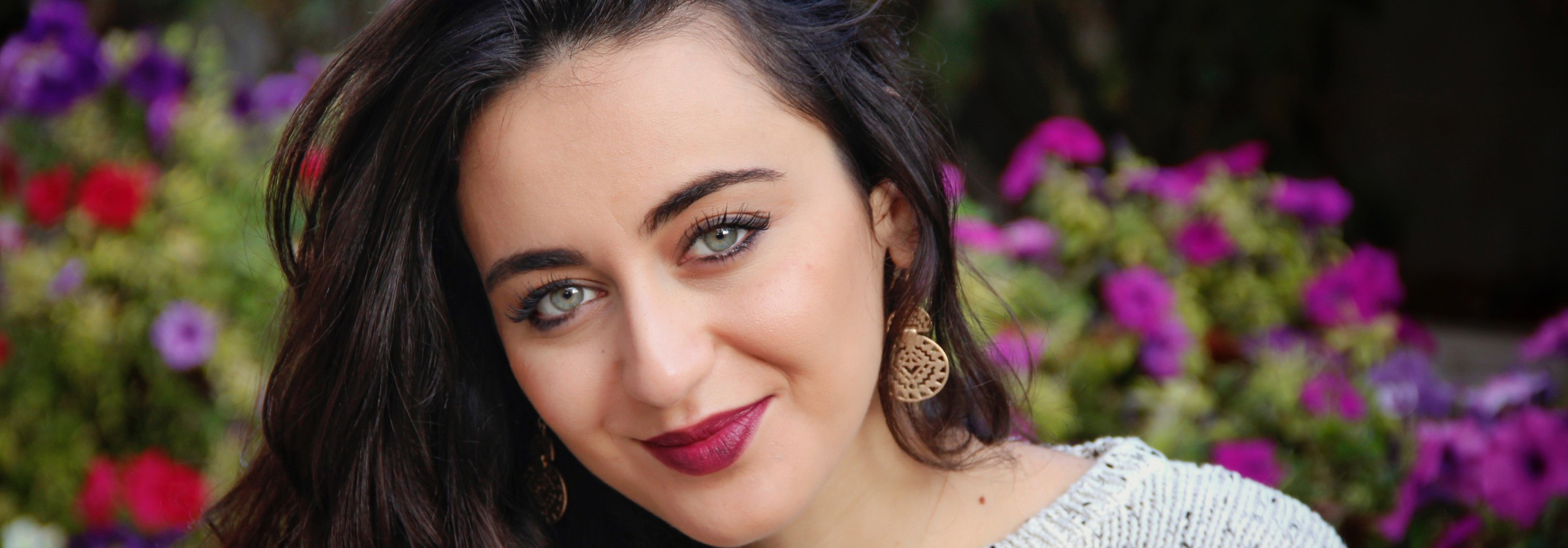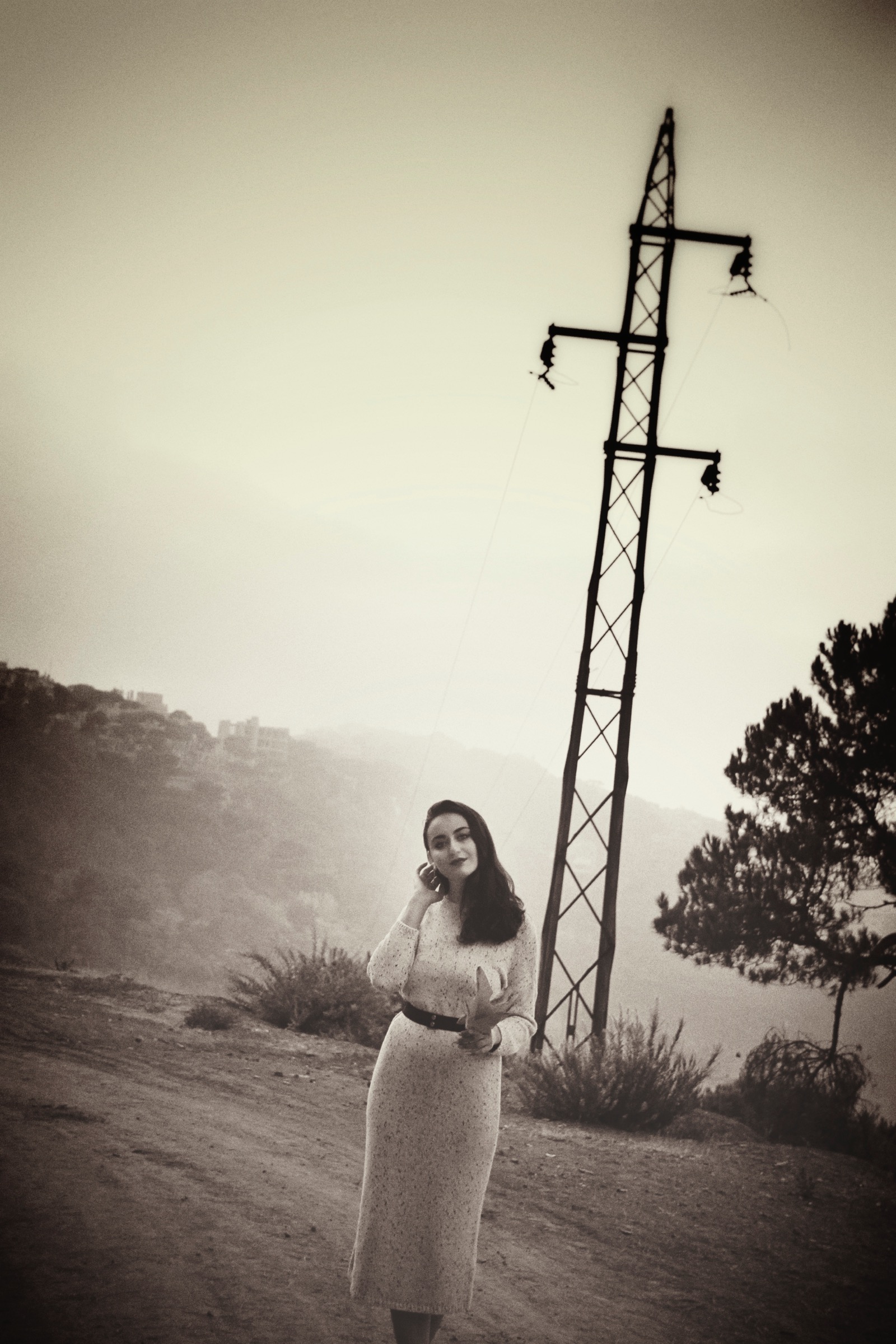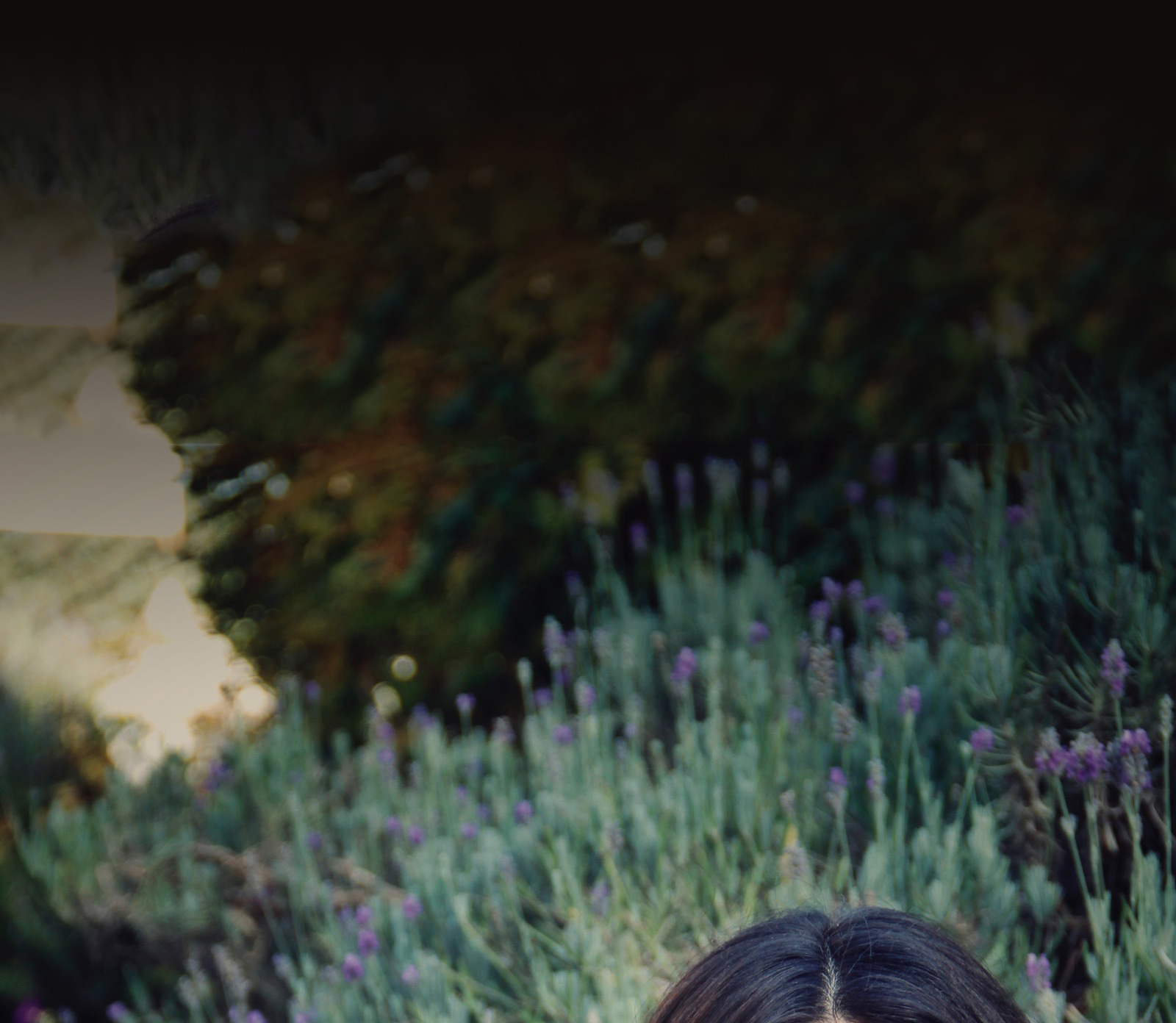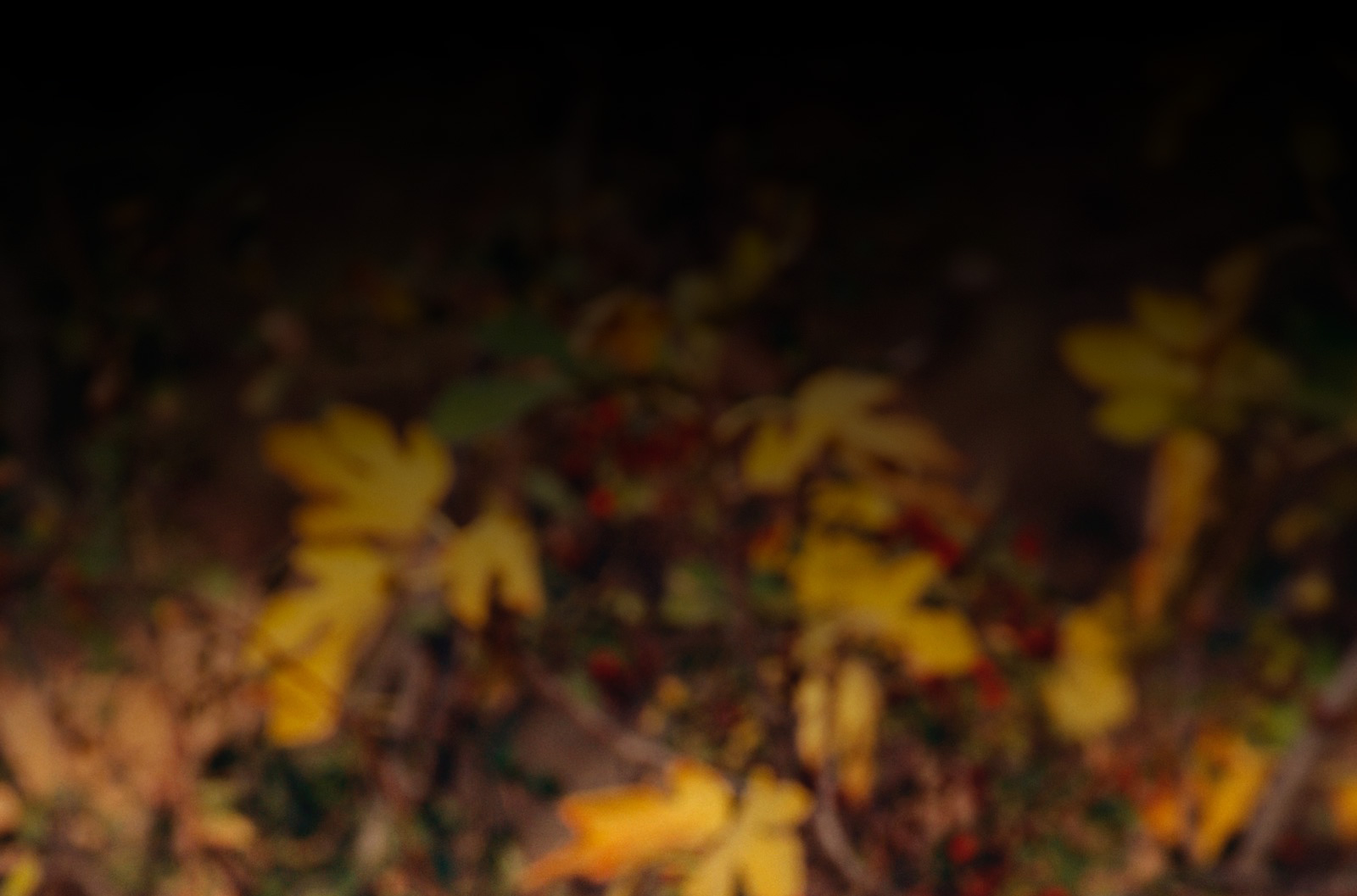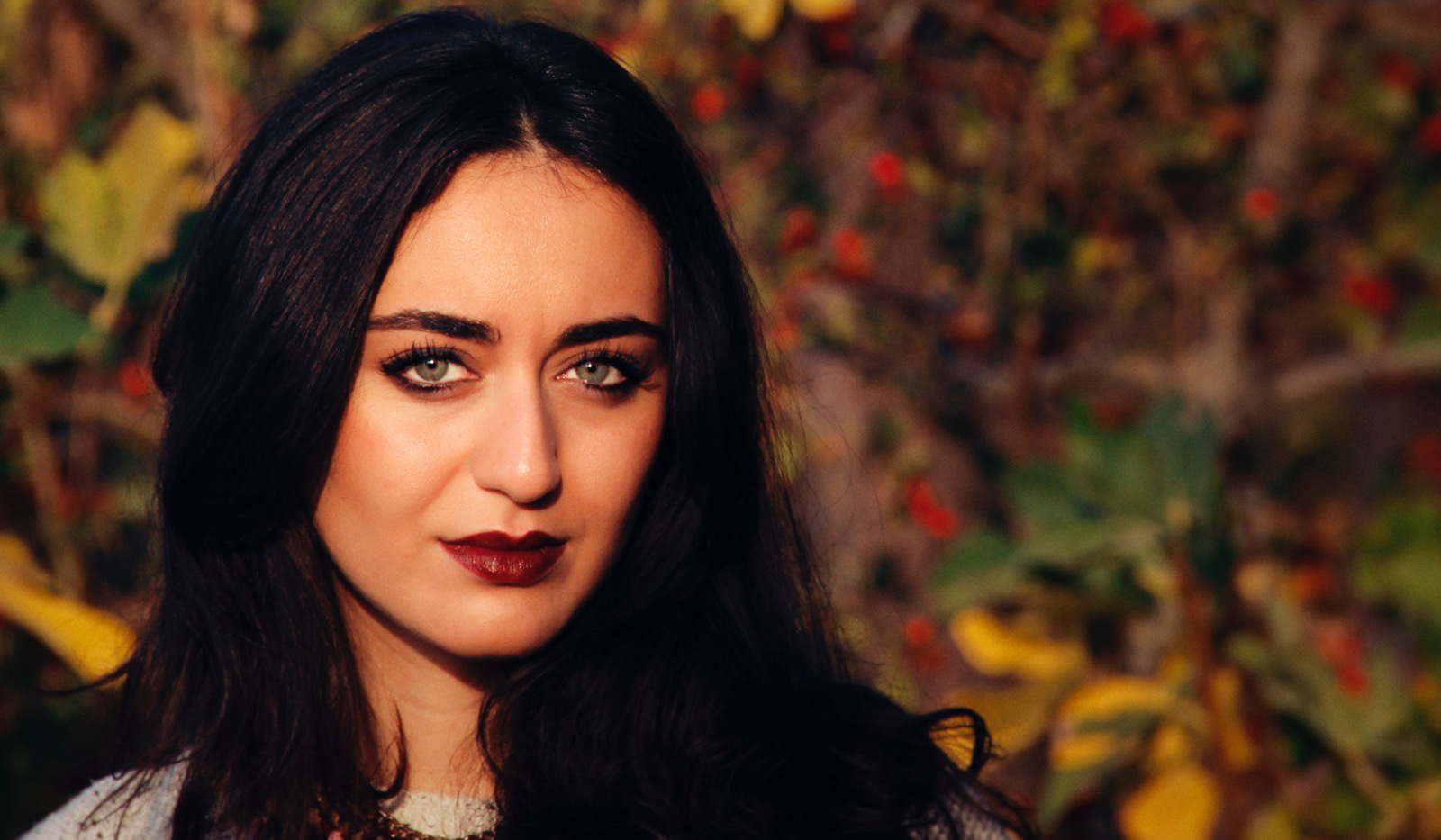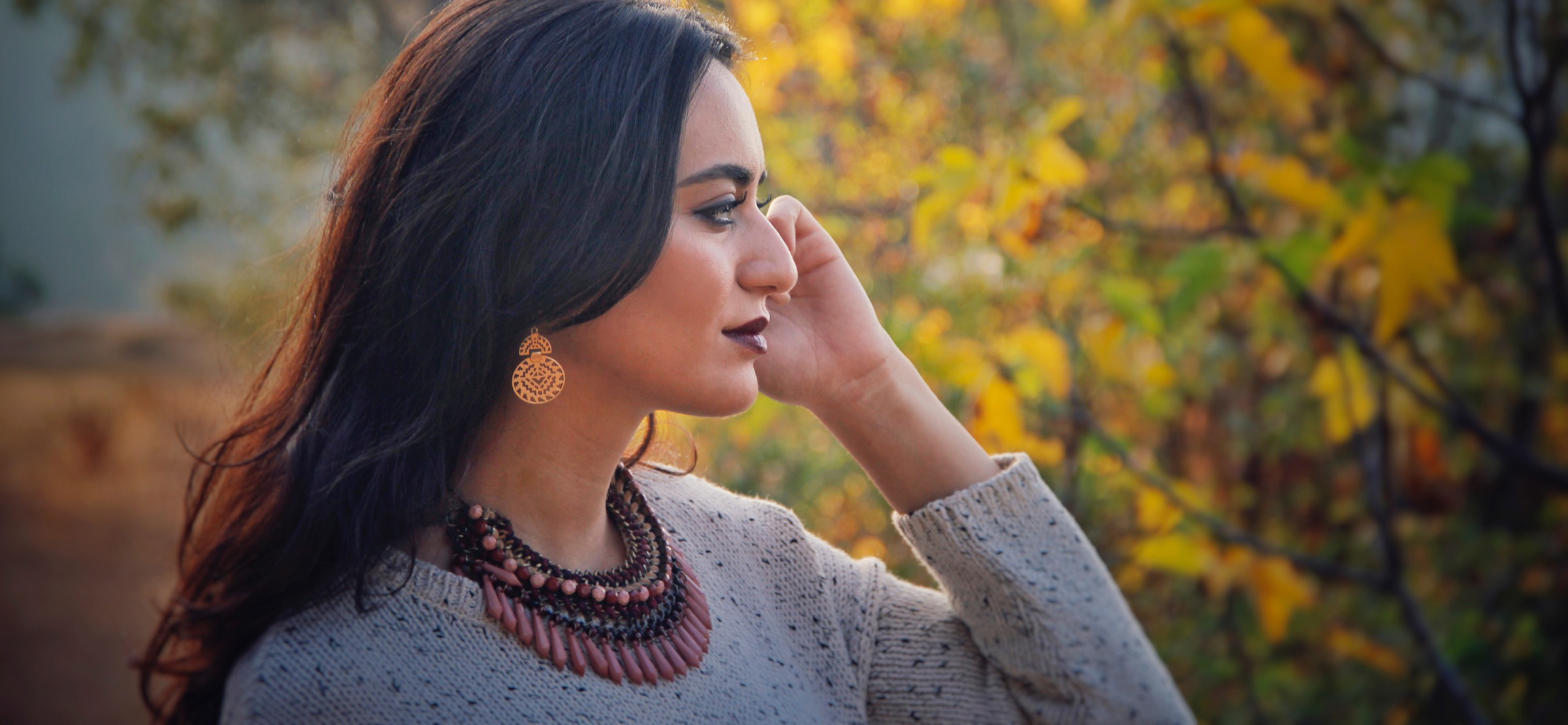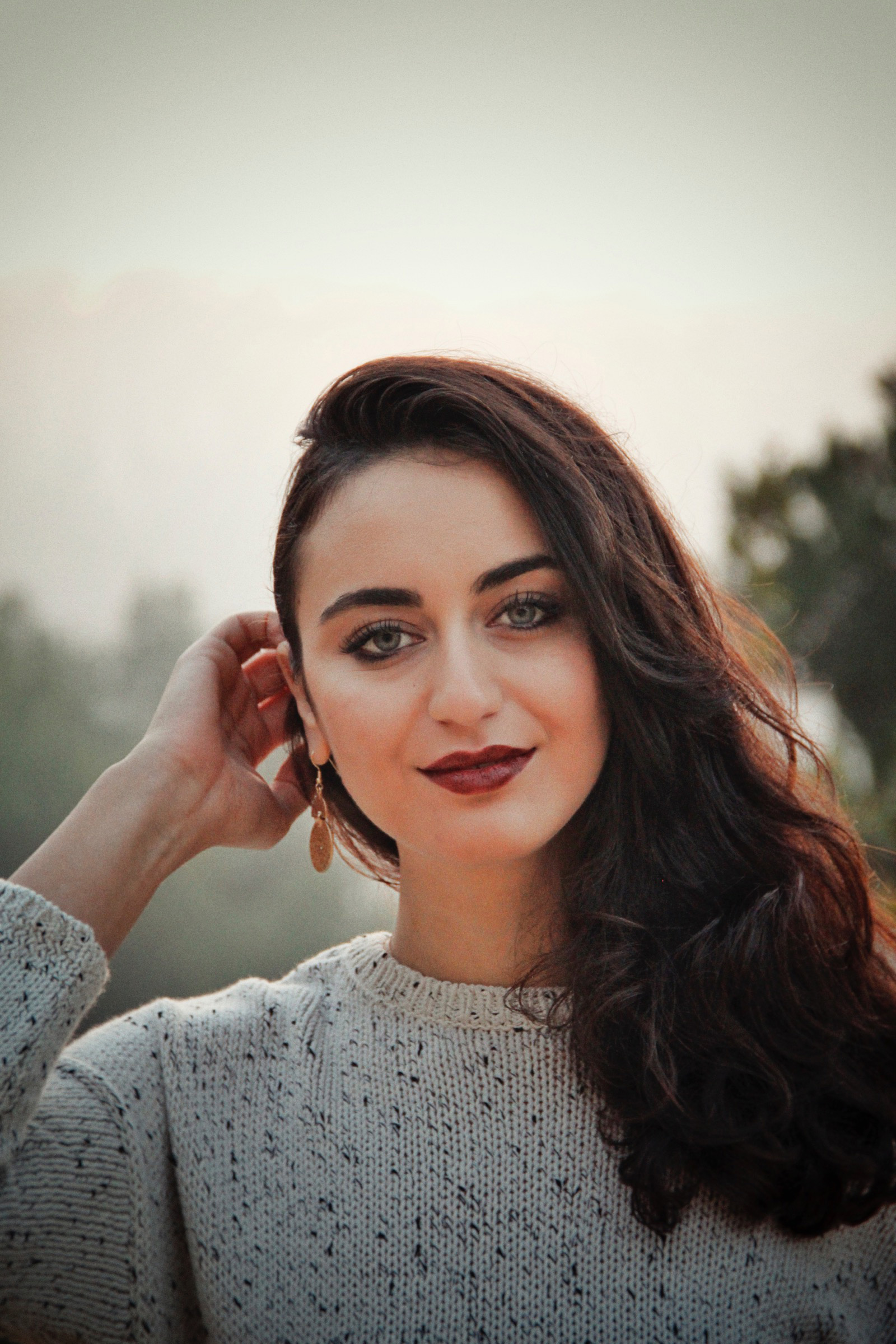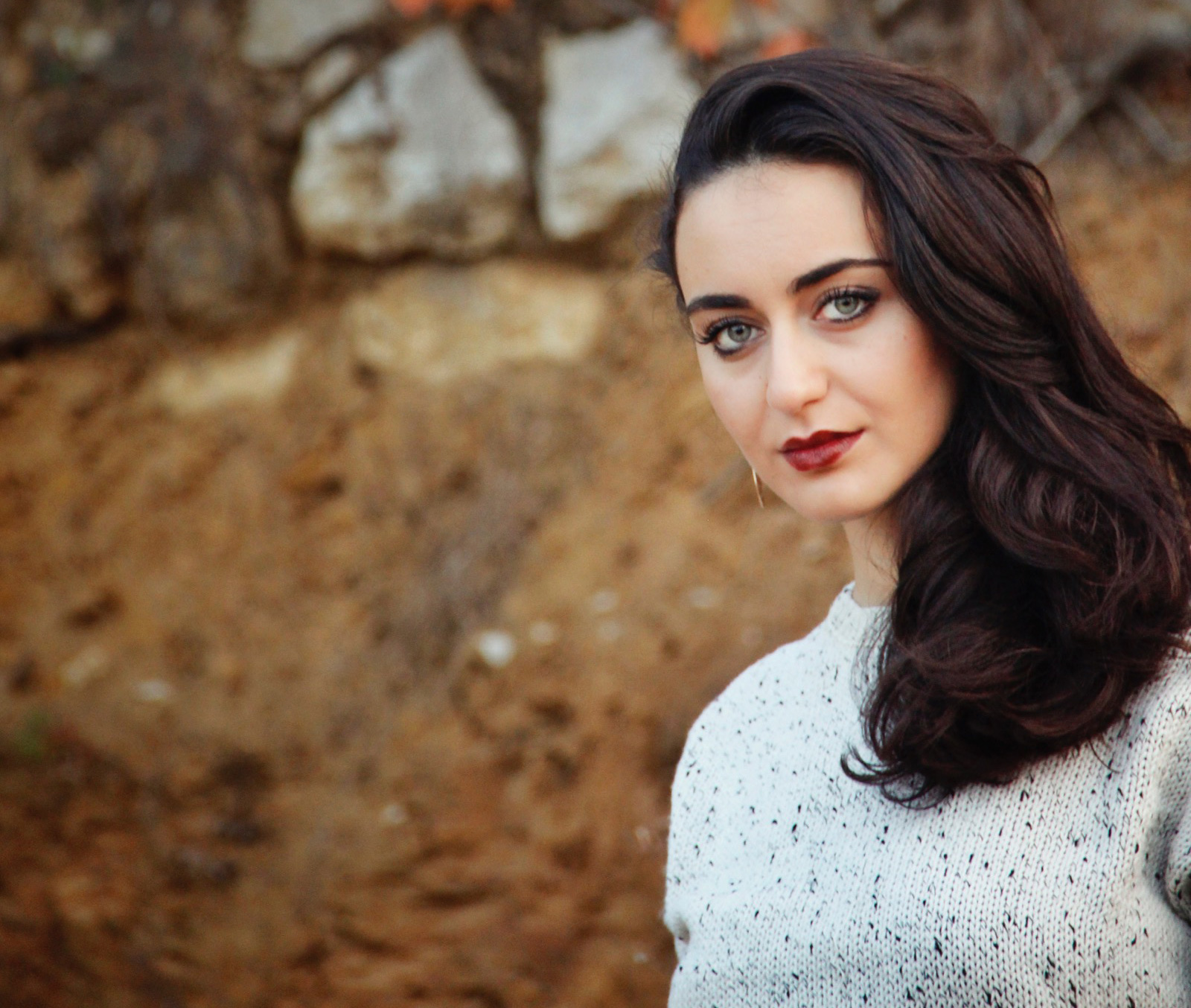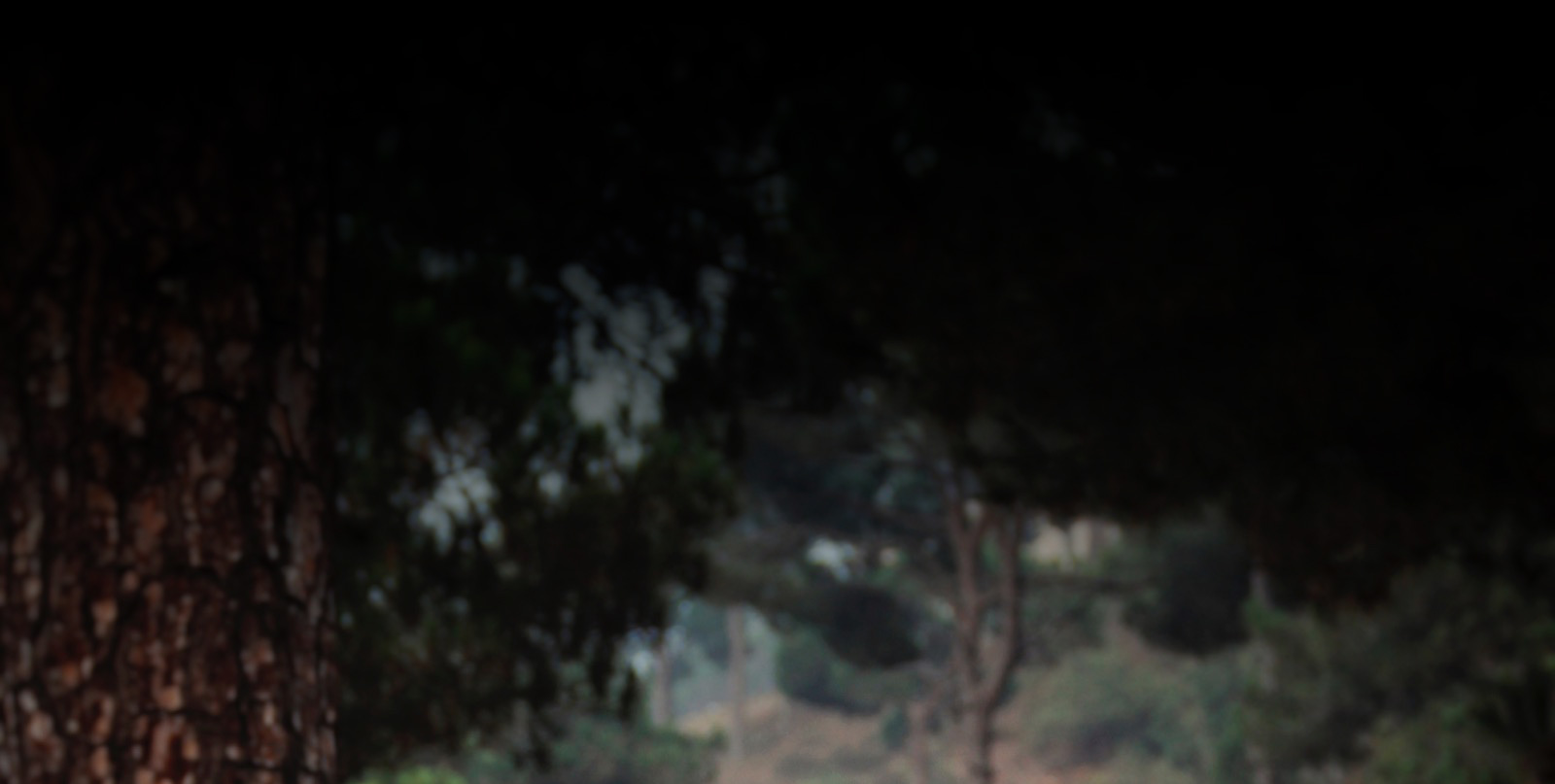
I was born in a village called Al-Malikiyah, near the North-East border of Syria, but we moved to Damascus and then Aleppo when I was about 4 years old. So I consider myself a daughter of Aleppo. It gave me so much. It’s a very cultured city, there is interest in music, in art, in sports… and of course food with such a rich diversity. By the way, it is said that the chefs and cooks in the Turkish Sultans castles were all from Aleppo, because of their creativity and ancient food heritage.
Music Producer: Houssam Abdul Khalek
In terms of music, during history, Aleppo and Egypt were the two cultural hubs where music used to be produced. When someone wanted to sing in Aleppo, there was a jury to decide that. So from generation to generation music education was refined and it is part of everyday life in Aleppo. I guess that I absorbed as a sponge this kind of good music, meaning tarab (a form of entrancing arab singing) and artists such as Sabah Fakhry, Adîb al-Dayikh, Sabry Mudallal, Shadi Jamil…
I grew up in a house where everybody sings, even though none of them is a professional singer. Dad always sings the songs from Wadih el Safi with a good voice. He made us listen to old songs. My mother used to sing to us before sleeping, and I still think she has the most beautiful voice, it’s emotional.
When we were kids, my sister Rihan and I used to take old tapes and record our own talk shows and programs. We even gave each program a name and a broadcasting time: this was probably the first version of “To Our Countries”! Rihan would present the news and it went something like “Our brothers in Palestine are killed everyday…” and you would hear that she was just a child saddened by the situation (Rihan Younan is now a journalist hosting her own show, “Metro”, on Al-Mayadeen TV). Then she would say:“and now an artistic break”, so I would come in and sing “Tik tik tik yammi Sleiman…” (a popular Fairuz song with a children’s choir) with my little bird voice. These tapes are still in Aleppo. We cannot go to our homes and bring them back.
You know what I also used to do in Aleppo? I would open the interphone and sing, so that the passers-by in the street would hear my voice. It was my first Youtube channel! One day, one of our neighbors was entering the building and I had already been singing for ten minutes, so he hears me and says in the interphone: “what a beautiful voice”! I closed the interphone in a hurry and got scared that he would know who I was.
Yes and no… in some ways I was a shy kid. But I was very outgoing when singing.
At the scouts, they used to do mini talent competitions which I loved. When I was nine years old, I participated in a national competition in English language and won the first prize. So the following year, I was very confident when I participated in a singing competition.
I was good in school, so my teachers would tell me to participate in this or that subject: they didn’t expect that I wanted to compete in the singing category! I won over 10 schools but did not make it to the national level. This shows that the general standards for 5th graders (10-11 years old) were so high because all participants knew how to sing well: they could sing on key with a strong voice, they were all well trained, many of them doing Quran readings.
I was 10. My first rejection in life (laughs).
